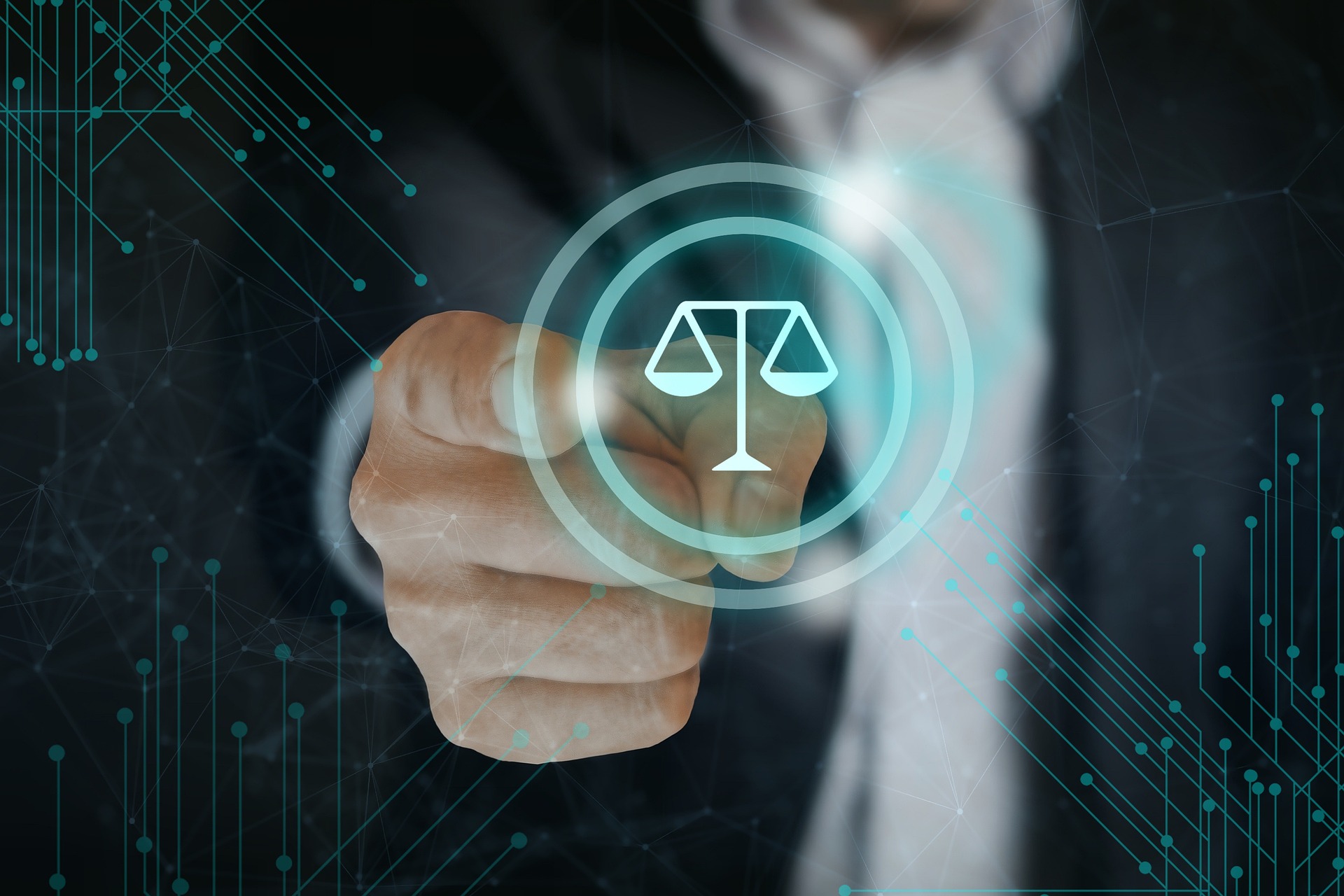Decoding the Intricacies of Jury Nullification: A Critical Analysis
Introduction: This article delves into the rarely discussed, but highly significant concept of Jury Nullification. It aims to shed light on its historical origins, recent legal developments, and its potential impact on society. The concept of Jury Nullification is deeply rooted in English Common Law, tracing back to the 1670 case of Bushel's Case. In this landmark ruling, the court upheld the right of the jury to render a verdict based on their conscience, even if it contradicted the law or the judge's instructions. The verdict was a strong endorsement of the jury's independence, laying the foundation for the practice of Jury Nullification.

II. Understanding the Concept of Jury Nullification
Jury Nullification occurs when a jury returns a not guilty verdict, despite believing that the accused has violated the law. This seemingly paradoxical decision stems from the jury’s belief that the law itself is unjust or its application is inappropriate. In essence, it is a mechanism for the jury to express dissent against perceived injustices in the legal system.
III. Recent Legal Developments
The legal landscape around Jury Nullification is complex and varied across jurisdictions. In the U.S., while it is not officially recognized by law, it is a de facto right protected by the Double Jeopardy Clause. However, judges aren’t required to inform juries about this right, leading to debates about transparency and justice. Meanwhile, in countries like Canada and the UK, Jury Nullification is generally not accepted, with juries expected to adhere strictly to the law.
IV. Implications and Impact on Society
The implications of Jury Nullification are profound and multifaceted. On one hand, it serves as a form of ‘peoples’ veto,’ enabling citizens to push back against unjust laws or their application. However, it also raises concerns about legal unpredictability and potential misuse. Critics argue that it can undermine the rule of law, leading to inconsistent verdicts and potential miscarriages of justice.
V. Concluding Thoughts
Jury Nullification is a powerful, yet controversial tool within the legal system. While it can serve as a check on legislative or judicial overreach, it must be exercised judiciously to prevent potential abuse. As legal systems continue to evolve, the discussions surrounding Jury Nullification are likely to become increasingly significant.
In conclusion, Jury Nullification is a fascinating aspect of the legal landscape, embodying the tensions between law, justice, and societal norms. Its continued study and discussion are crucial for a more nuanced understanding of the law and its role in society.




